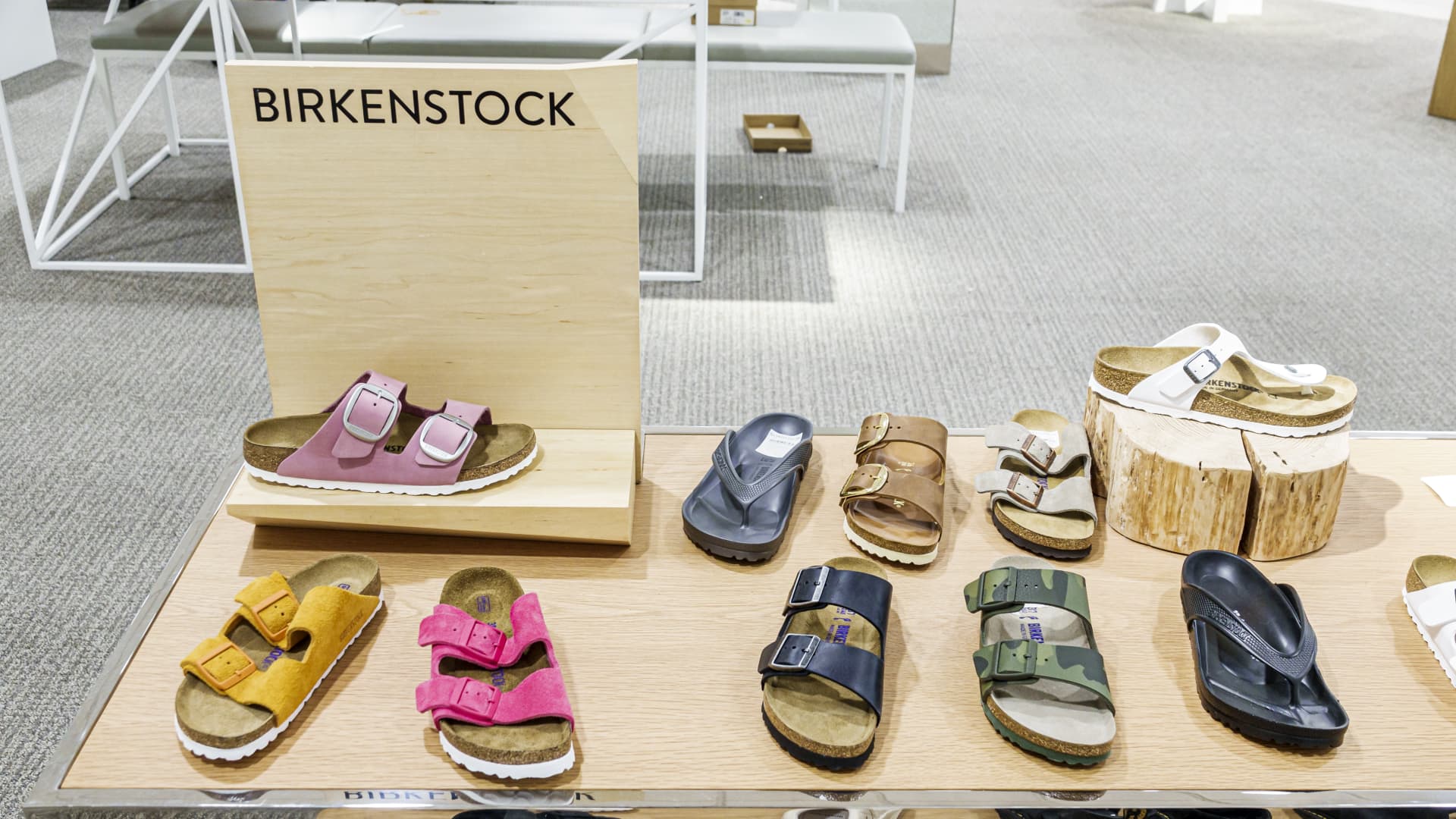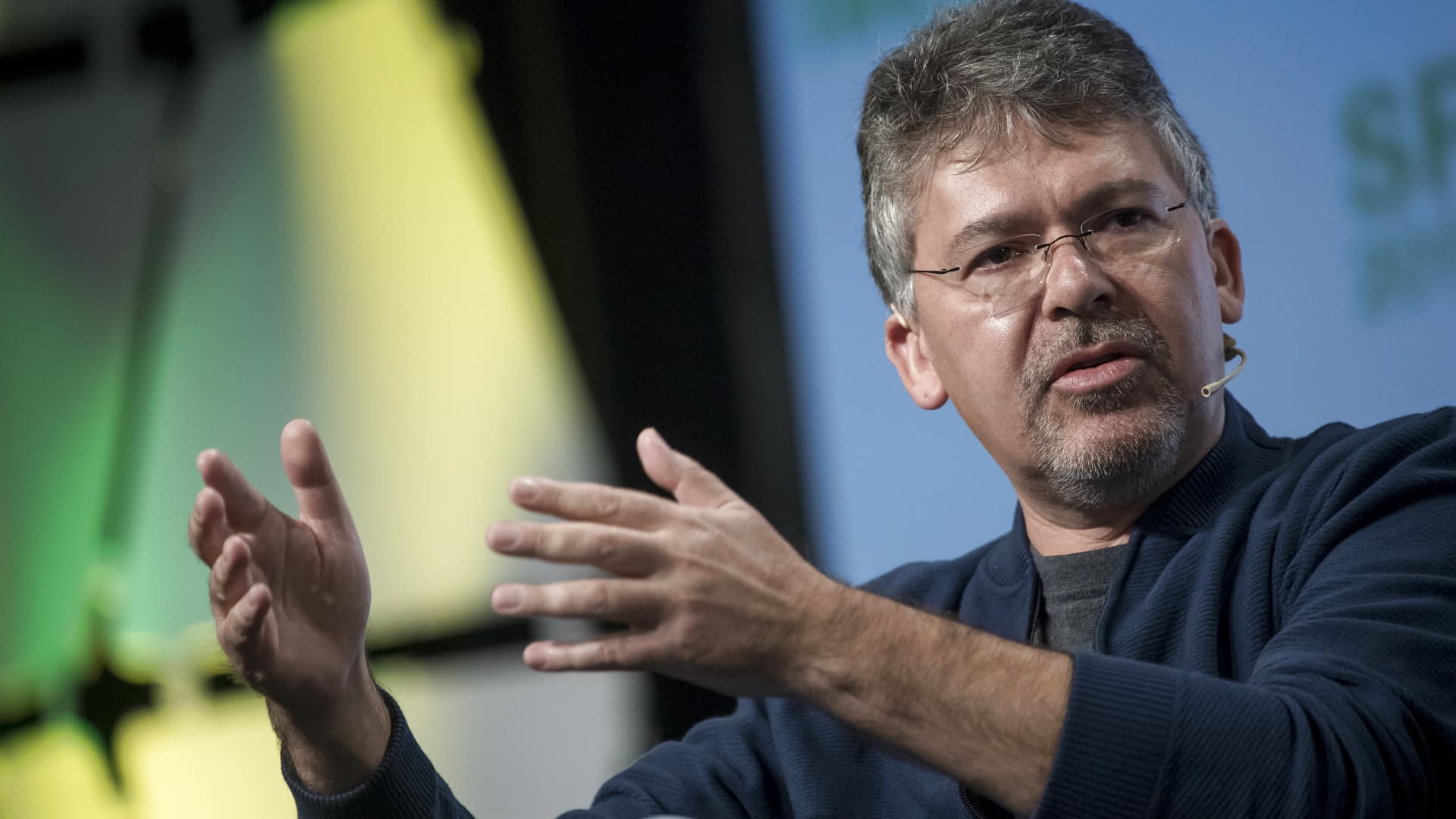Startups under fire: extraordinary resilience of Ukraine’s technology sector

In February 2022 Ukraine’s technology sector was on the rise. According to the IT Association of Ukraine, from 2016 to 2021, the country’s IT exports tripled to almost $7 billion a year. Its universities have long been a powerful production line for STEM talent, and thousands of these young graduates have helped Ukraine become first Europe’s back office, staffed with developers and designers working for international clients, and then an innovation hub with a stream of cutting-edge startups: from deep technology and robotics to translation and artificial intelligence.
This was the end of the war. Russia’s full-scale invasion resulted in the death or injury of tens of thousands of civilians and soldiers, many of whom fled their ordinary lives to the front lines. Millions have been forced from their homes and are now scattered across Europe and beyond. Russia has targeted infrastructure, knocking out electricity and telecommunications and threatening to cut off Ukrainian businesses from their customers and supporters abroad.
However, the technology sector has not just survived, but thrived, with Ukraine’s IT exports growing by nearly 7 percent by the end of 2022, even as the economy shrank by almost a third. These are the stories of how four startups survived, but they are just a sample of thousands of acts of extraordinary resilience, defiance, courage and cooperation in Ukraine’s technology sector.
“Music is a very powerful tool.”
As a graduate student in quantum physics in the days of the demise of the Soviet Union, Andrei Dakhovsky hid bootlegged vinyl records of Western rock music in his room. “I was lucky that I didn’t end up in the KGB,” he says. “When the Soviet Union collapsed and you could easily go to a record store and buy Led Zeppelin, something important was missing for me. A feeling of exclusivity, of the underground.”
Dakhovsky turned his forbidden love of rock into a career, culminating in the creation of Universal Music’s first office in Kyiv and becoming a central figure in the development of the Ukrainian music industry during its anarchic post-Soviet renaissance. He brought Elton John to Ukrainian television and produced the first Kyiv rock opera. As we drive through the center of Kiev, he points to a nightclub he started running, somewhat by accident, after being persuaded to invest in it by a friend who needed a loan. Now it’s closed, hit first by Covid, then by war.
In 2020, Dakhovsky launched Djooky with business partners in Ukraine and the US, based on the belief that lesser-known recording artists, especially those not based in America, get a good deal on platforms like Spotify, where only a small number of high-profile musicians earn well . “The music industry is very, very monopolized and centralized,” he says. “I know the system … and I couldn’t change the system from the inside.”
Djooky is a marketplace where fans can buy shares of artists, helping them build their profile and profit from their success. When the Eurovision Song Contest was canceled due to the pandemic in 2020, the company launched its own Djooky Music Awards, allowing fans to vote for their favorite song in a huge multinational competition that attracted artists and listeners from all over the world. The platform has 200,000 registered users, represents artists from over 140 countries and has held 15 successful auctions.




